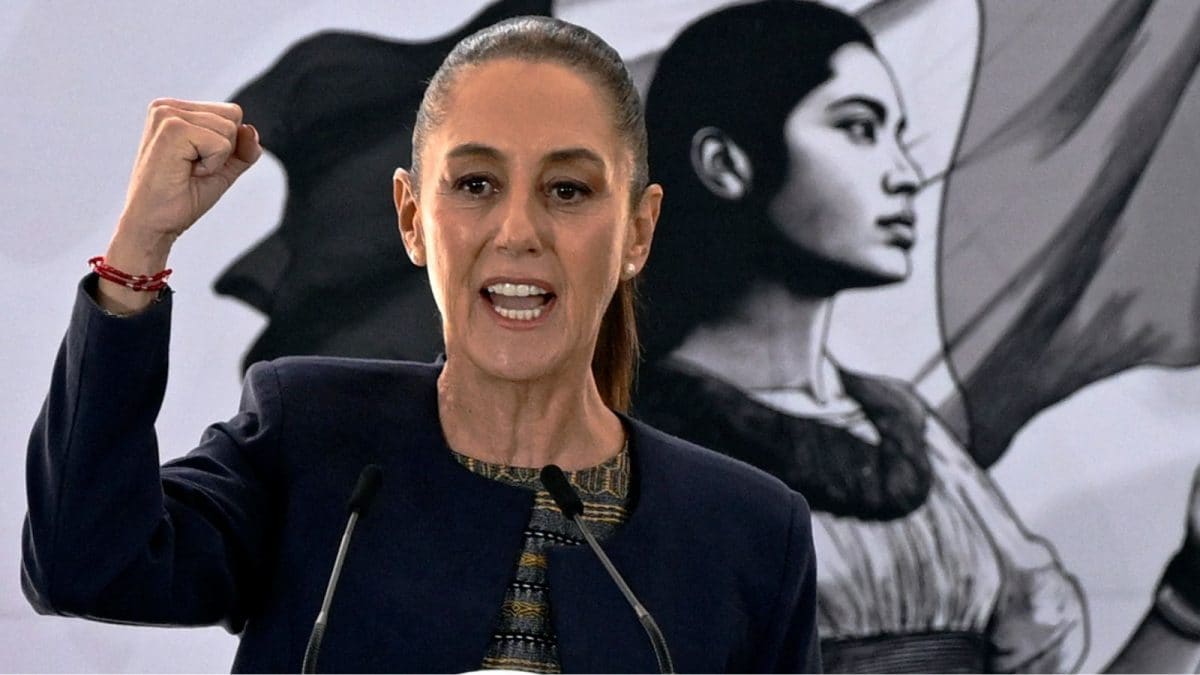ARTICLE AD BOX
In June, a 16-year-old girl fled her house in Bihar and reached Delhi, where she was granted police protection by the Supreme Court. She had been forcibly married off to a 33-year-old man who abused her.
In another case that grabbed national attention, Sonam Raghuvanshi, accused of murdering her husband Raja Raghuvanshi during their honeymoon in Meghalaya, was allegedly forced to marry, despite her objection.
But, what does the law say about forced marriage?
Firstly, marrying off a girl under 18 or a boy under 21 is completely illegal in India under the Prevention of Child Marriage Act. This law applies across all religions.
For adults, the Supreme Court has upheld the right to choose one's partner as a fundamental right in multiple judgments. Any adult - a man or a woman - who is being forced to marry - can seek police protection to prevent such circumstances.
One can also go to the state human rights body or women's rights commission for help.
An adult woman who has been kidnapped or criminally intimidated into agreeing to a marriage can file an FIR under Section 87 of the Bharatiya Nyaya Sanhita (BNS) against those who kidnapped or forced her into marriage. This carries a punishment of up to 10 years in jail.
For a minor, there are much stricter laws.
Anyone connected to the child - a friend, family, neighbour or a teacher - can file a police complaint against a minor being married off. The complaint can be made to the local police, or the Child Marriage Prevention Officer of the district, or the Juvenile justice Unit of the district police. The officials are obliged by law to then step in and stop the marriage from happening.
A child marriage that has been solemnised carries both civil and criminal penalties under the Prevention of Child Marriage Act, BNS, Protection of Children from Sexual Offences Act (Pocso) and the Juvenile Justice Act.
The adult male spouse of a minor, the fathers of both the girl and the boy, as well as other people responsible for carrying out the wedding rituals face up to two years in jail and a fine.
If the minor bride has been made to have sex, the husband faces up to 10 years of jail under the Pocso Act. The exemption given to "marital rape" under the rape law does not apply if the bride is under 18, which means that the husband also faces up to life imprisonment under the rape laws of BNS.
The husband's family members may also be liable for abetment of rape of the child. Juvenile Justice Act provisions for the safety of the child and offences by the parent/guardian will also apply in this case.
The civil consequences depend on the circumstances.
Firstly, a child marriage cannot be legally registered in India unless the marriage happened before the Act of 2006 and both spouses agreed to remain married after turning 18.
If the child marriage is not reported at the time of the wedding, a child who is married off, can approach the police, the Child Marriage Prevention Officer or a district court to file a petition to get the marriage voided.
This is an option available to both the husband and the wife, that is, if both were under 18 at the time of the wedding.
The minor spouse need not wait until she turns 18 to approach the court. A family member, guardian or the Child Marriage Prevention officer can sign the petition with them. The court will grant a decree of nullity of the marriage.
Additionally, if the minor is forcibly taken away from their guardian, threatened or defrauded, the marriage itself is void, which means it never existed.
However, the rights and responsibilities towards maintenance will still apply.
The husband's family is responsible for the payment of maintenance to the wife and any children born to the marriage. The court may also pass orders for the safe residence of the minor bride.
A monthly maintenance amount must be paid to the wife till she remarries.
Children born to such marriages are considered legitimate, even if the marriage itself is voided. They have the right to get child support as well as inherit the property of their father's family.
- Ends
Published By:
Prateek Chakraborty
Published On:
Jul 4, 2025



.png)
.png)
.png)
















 4 hours ago
5
4 hours ago
5









 English (US) ·
English (US) ·